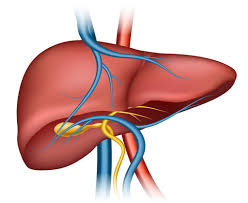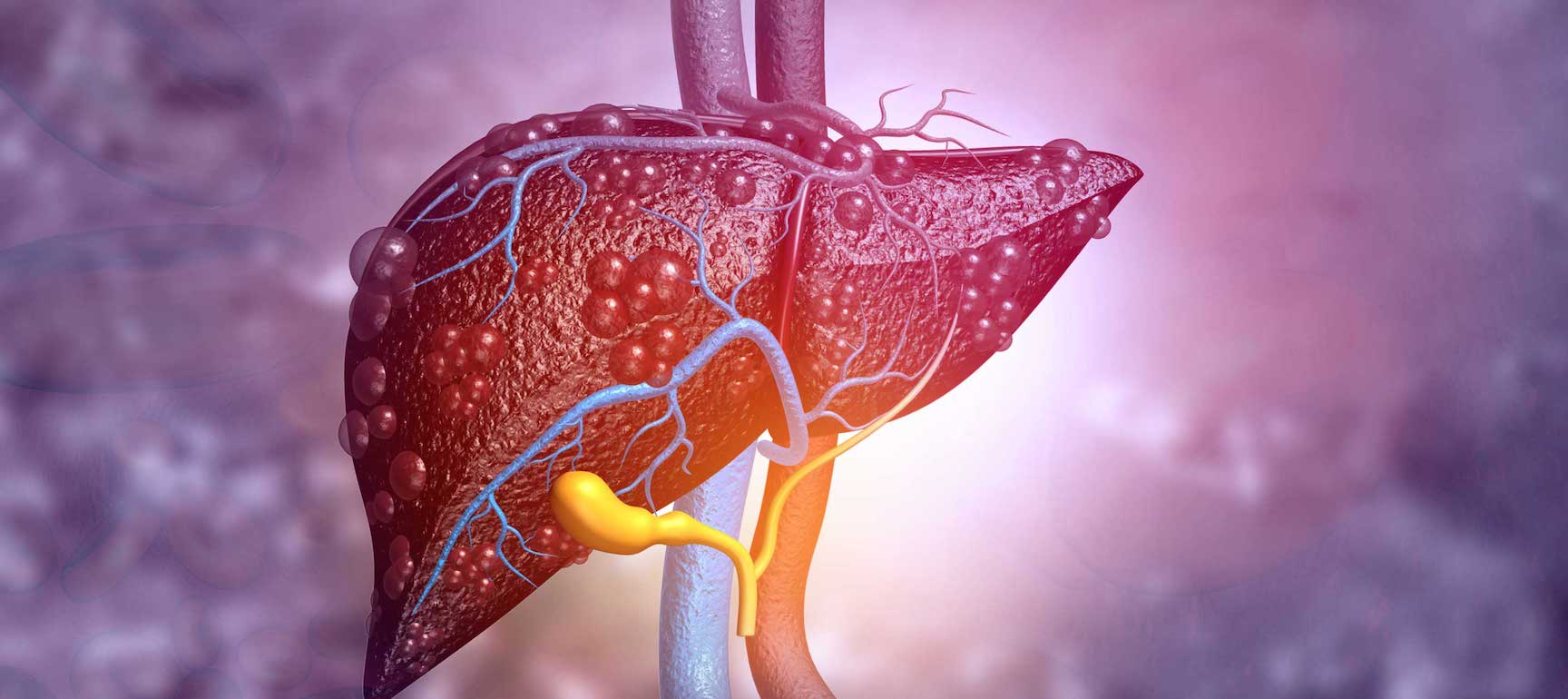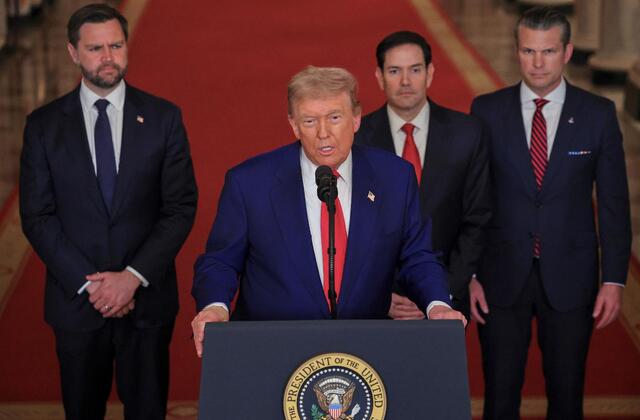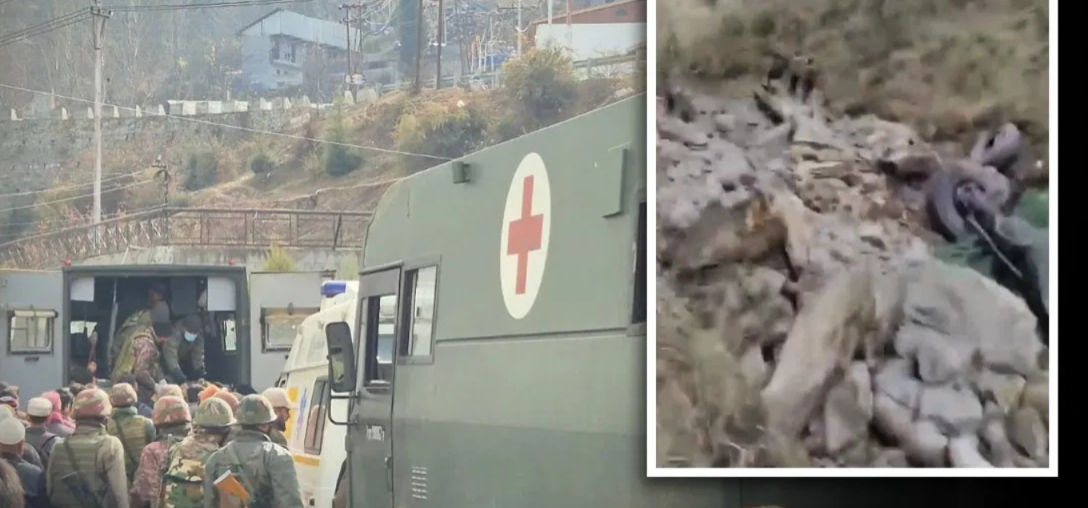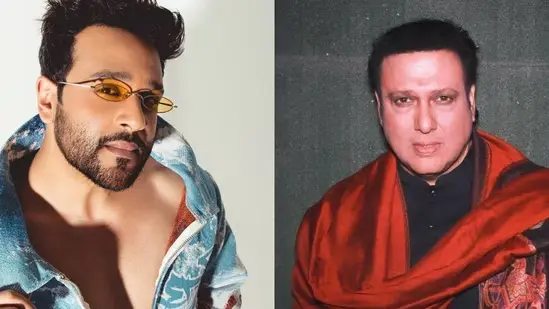India Doubles Medical Colleges in 11 Years, Rising from 387 to 819: JP Nadda
- bykrish rathore
- 26 October, 2025
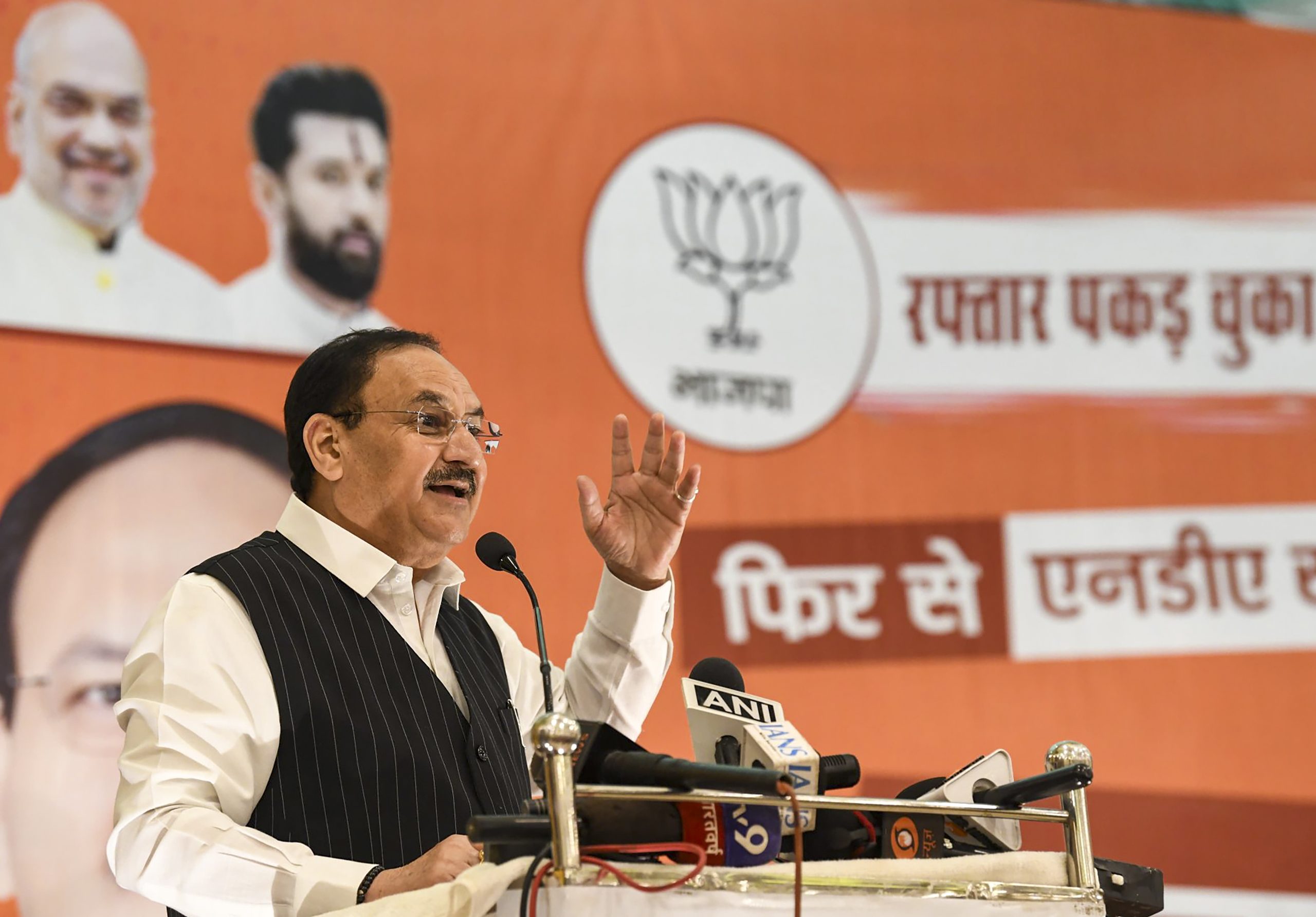
India has nearly doubled its number of medical colleges in the past 11 years, according to Union Health Minister JP Nadda, highlighting the government’s continued focus on expanding access to medical education and healthcare infrastructure across the country.
Speaking at a recent event, Nadda stated that the number of medical colleges has increased from 387 in 2014 to 819 in 2025, reflecting a robust effort to address the growing demand for qualified doctors and healthcare professionals. The expansion has also resulted in a significant rise in the number of MBBS seats, allowing more students from rural and semi-urban areas to pursue medical education.
🏥 Major Growth in Medical Education
Nadda emphasized that this growth was made possible through a series of policy reforms, increased investment in public healthcare, and partnerships with state governments. “Under Prime Minister Narendra Modi’s leadership, India has witnessed an unprecedented transformation in the field of medical education,” he said.
The government’s focus has been on establishing new AIIMS institutions, upgrading district hospitals, and expanding postgraduate medical training programs. Several new AIIMS campuses have become operational in states like Jharkhand, Haryana, Punjab, and Tamil Nadu, helping decentralize advanced healthcare and medical training.
📈 Impact on Healthcare Accessibility
The surge in medical colleges is expected to improve the doctor-patient ratio, which has historically been a challenge in India’s healthcare system. By increasing the number of qualified doctors, the government aims to enhance access to quality healthcare services, especially in rural and remote regions.
Officials from the National Medical Commission (NMC) noted that India now ranks among the top countries globally in terms of the number of medical institutions. Alongside the increase in colleges, the country has also witnessed a growth in paramedical and nursing institutes, strengthening the overall healthcare ecosystem.
🎯 Government Initiatives Driving the Growth
Several flagship initiatives have contributed to this expansion, including:
Establishment of New AIIMS: More than 22 AIIMS are now functional or under development.
Upgradation of Government Medical Colleges: Modern facilities and digital classrooms introduced nationwide.
Financial Support for States: Central grants to encourage medical college construction in underserved regions.
Focus on Rural Healthcare: Special incentives for doctors serving in rural areas.
“These efforts reflect our commitment to making India not just self-sufficient but a global leader in medical education and healthcare innovation,” Nadda added.
🌍 Looking Ahead
Experts believe this rapid expansion could have far-reaching implications for both India’s domestic healthcare system and its global medical workforce. With more doctors trained in India, the country is likely to see improved patient outcomes, enhanced medical research, and stronger international collaboration in public health.
However, health policy analysts have also emphasized the importance of maintaining high academic and ethical standards as the number of institutions grows. Ensuring proper faculty, infrastructure, and quality control will be key to sustaining long-term progress.
💬 Conclusion
The increase from 387 to 819 medical colleges in just over a decade marks a historic milestone for India’s medical education system. It not only demonstrates the government’s commitment to healthcare accessibility but also paves the way for a healthier and more skilled India in the years ahead.
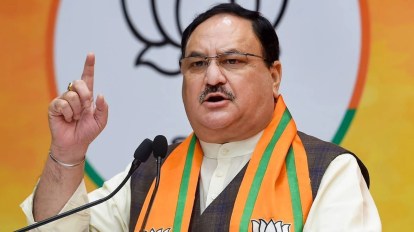
Note: Content and images are for informational use only. For any concerns, contact us at info@rajasthaninews.com.
40 के बाद शर्ट से बा...
Related Post
Hot Categories
Recent News
Daily Newsletter
Get all the top stories from Blogs to keep track.


